Table of Contents
ToggleA common phrase surrounding conception and fertility is ‘opting for sexual intercourse during ovulation’. Whenever you read about the best time to conceive, it will be during the ovulation period. Individuals or couples who are well-versed with the term may easily relate to the fact, but those new to it often end up confused about what ovulation is, when it starts, and when it ends!
So, before we proceed with the potential signs ovulation is over, let’s start with a basic understanding of the term.
Basic Overview of Ovulation
Ovulation is when hormonal changes in your body (based on the menstrual cycle) signal your ovaries to release a matured egg. After being released by the ovaries, the egg travels down to the fallopian tube and waits for the sperm to fertilise (also known as conception). If done, the fertilised egg (blastocyst) travels back and is attached to the uterus lining. If fertilisation does not occur, your body reabsorbs the egg.
Note – After ovulation, the egg can survive only 12-24 hours, whereas sperm can survive for multiple days in the fallopian tube.
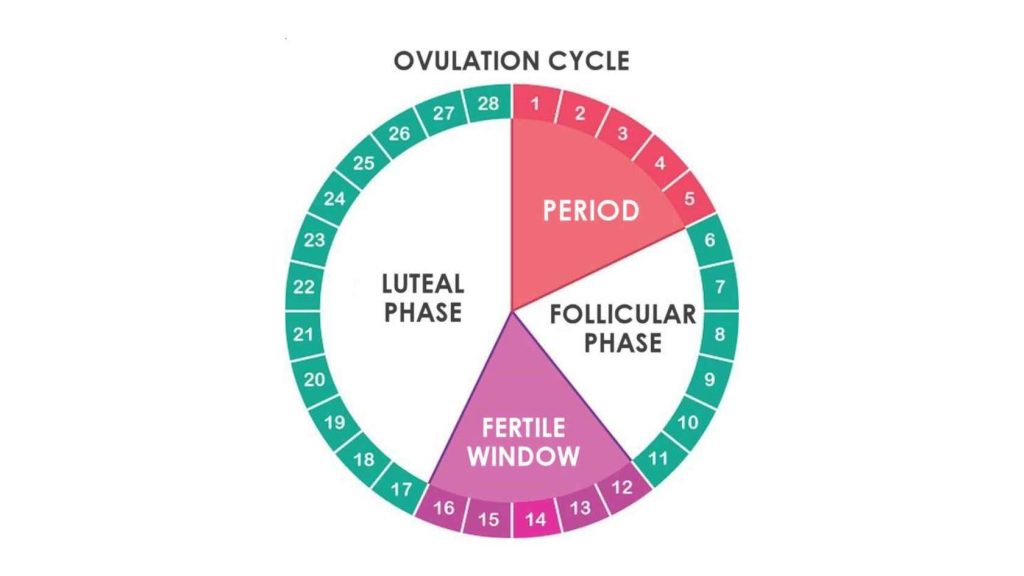
When Does Ovulation Occur?
Ovulation usually occurs in the middle of your menstrual cycle (average length is 28-29 days), that is, either on the 14th or 15th day of the cycle. But, every woman’s body follows a different menstrual pattern; therefore, ovulation day also varies. Ovulation can be associated with tender breasts, bloating, and a slight increase in basal body temperature.
What Are The Signs That Indicates The Ovulation Is Over?
According to a report by Medical News Today on Ovulation and Pregnancy, the body absorbs a woman’s egg after 12-24 hours of ovulation. There are virtually zero chances of getting pregnant during that menstrual cycle.
Suppose you’ve missed out on your fertility window. In that case, infertility specialists have noted signs (apart from positive pregnancy tests and menstrual bleeding) indicating ovulation is over. Let’s dwell into the details of these tried and tested methods of confirming and predicting the end of ovulation:
#1 – Changes in Cervical Mucus Consistency
For most of the month, cervical mucus is creamy and thick, appearing as a whitish yellow or pure white. But cervical mucus becomes slippery and clear during ovulation, similar to the egg white consistency.
However, the mucus is again creamy and thick when you’re done ovulating. The shift in this consistency helps predict ovulation is over.
#2 – Increase in BBT (Basal Body Temperature)
BBT refers to the lowest temperature your body reaches when fully resting. After ovulation, the basal body temperature is slightly elevated till menstrual bleeding because of the release of progesterone. However, tracking basal body temperature can also help indicate the end of ovulation.
You can use either a regular or specially designed thermometer to measure basal body temperature to measure it.
Expert Tip – Always measure basal body temperature right after getting out of bed in the morning.
#3 – Ovulation Pain aka Mittelschmerz
During ovulation, there is a slight ache or pain in the lower abdomen or one hip, usually lasting for a few minutes to a few hours. It is called ovulation pain, and if you have experienced discomfort, it is a sign that ovulation is over.
#4 – Mood Changes
Ovulation is also associated with hormonal changes due to elevated estrogen levels, which can cause a sudden feeling of well-being or happiness. After ovulation, there is a shift in mood from happiness to fatigue and irritability, which happens due to a decrease in progesterone and estrogen levels.
#5 – Cervical Position
The cervix is located at the end tunnel of the vagina throughout the cycle. It is usually soft and open. However, during the end of the fertile window, it slightly changes its position (shifts lower) and is more closed and harder. The change can be noticed through a touch.
#6 – Increased Sex Drive
During ovulation, individuals often are more in the mood for sex, feeling an increase in libido, which is a normal body reaction during ovulation.
#7 – Tender Breasts
During ovulation, estrogen levels in the body are generally high, which causes swollen or tender breasts, impacting breasts sensitivity. However, after ovulation, breasts become more sensitive, indicating the end of the fertile window.
Ovulation And IVF
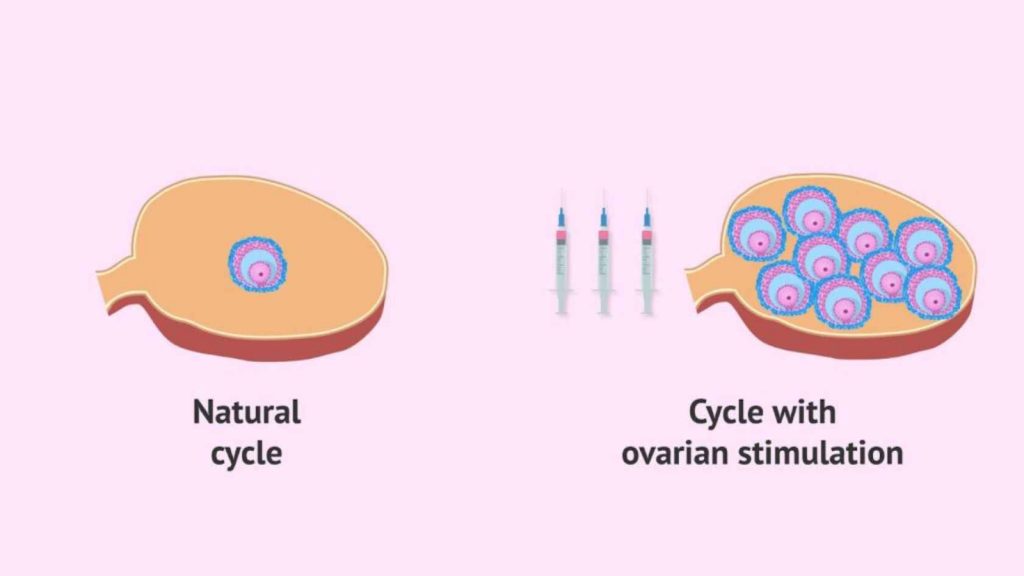
If you’re planning for IVF, you might be confused about whether to wait or calculate the ovulation period for the egg retrieval process. Moving ahead with the details of ovulation and IVF, some facts are clarified by our fertility experts.
Some women suffer from anovulation – when ovulation does not occur regularly. And since pregnancy is controlled by the ovarian cycle, anovulation can impact the natural conception rates. IVF procedure can, therefore, be a saviour for couples struggling with anovulation or infertility.
The Ovulation Induction process during IVF helps produce and release a woman’s eggs. The process uses hormone-based medications, which help with egg stimulation, releasing a higher number of mature eggs when compared to the normal cycle.
Moreover, there is a significant and basic difference between a regular menstrual cycle and an IVF cycle: ovulation does not happen in an IVF cycle. According to Genetics and IVF Institure’s report on IVF Cycle, if ovulation happens and the eggs travel down to the fallopian tube, IVF specialists won’t be able to retrieve them for the IVF procedure.
Aastha Fertility Care – Your Ideal Fertility Guide
Ovulation is crucial during fertility, as it regulates the natural egg-release process, fertilizing sperm in the fallopian tube. If you’re facing any difficulty getting pregnant, our expert has a range of fertility techniques that helps diagnose and monitor ovulation.
Once after evaluating the ovulation and menstrual cycle, we suggest personalised treatments or medications to the patients, which help improve the quality of eggs and induce ovulation. And if you’re suffering from PCOS or thyroid disorders, our range of fertility treatments will ensure safe conception.
Contact our Aastha Fertility Clinic now to know more.
Frequently Asked Questions
1. What does ovulation end feel like?
Most women feel achy and dull, complemented by irritability at the end of the ovulation period, which lasts till menstrual bleeding occurs.
2. For how many days an egg released during ovulation survives?
Eggs released during ovulation survive for only 12-24 hours.
3. What happens to the unfertilized egg after ovulation?
If the sperm do not fertilise the egg, it either dies or is reabsorbed by the body.
4. Should I wait for ovulation while opting for the IVF procedure?
Women do not need to wait for ovulation during IVF, as matured eggs are released through medications in the procedure.
5. Can women ovulate twice during the menstrual cycle?
According to an NIH report, a woman can ovulate 2-3 times a month.
6. Are stress and ovulation related?
Stress hormones disrupt the brain signaling process, thereby, affecting ovulation.
7. How irregular period affects ovulation?
A woman with irregular periods cannot effectively calculate the ovulation period, affecting their high chances of getting pregnant during the fertile window.

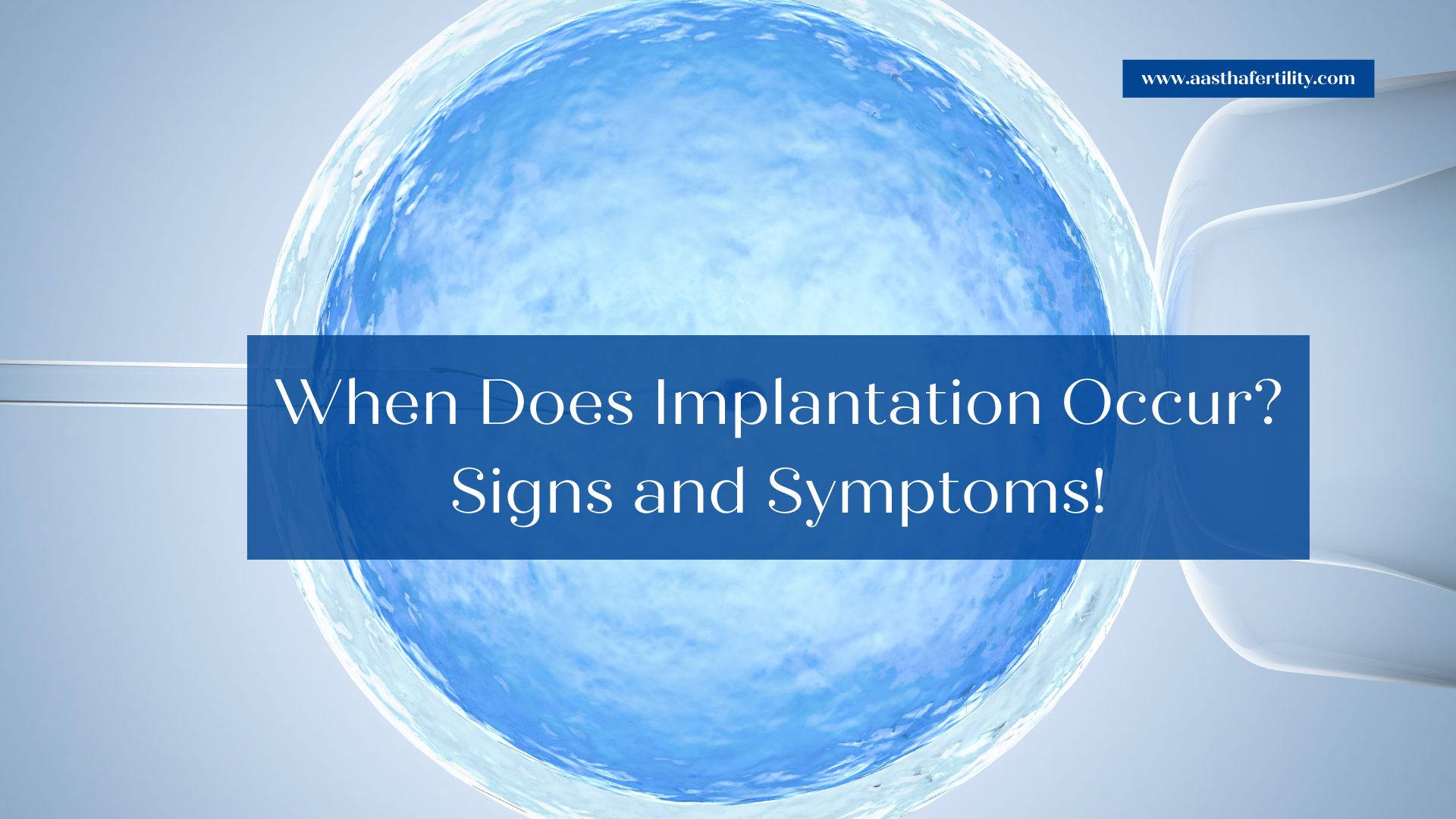
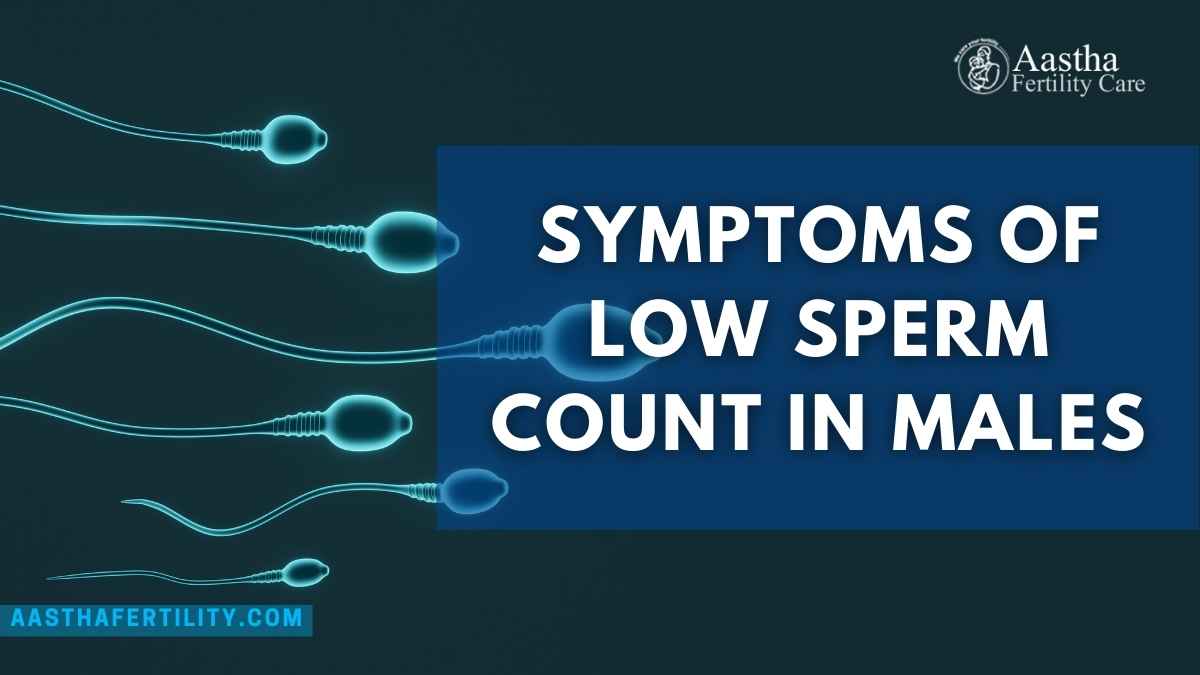
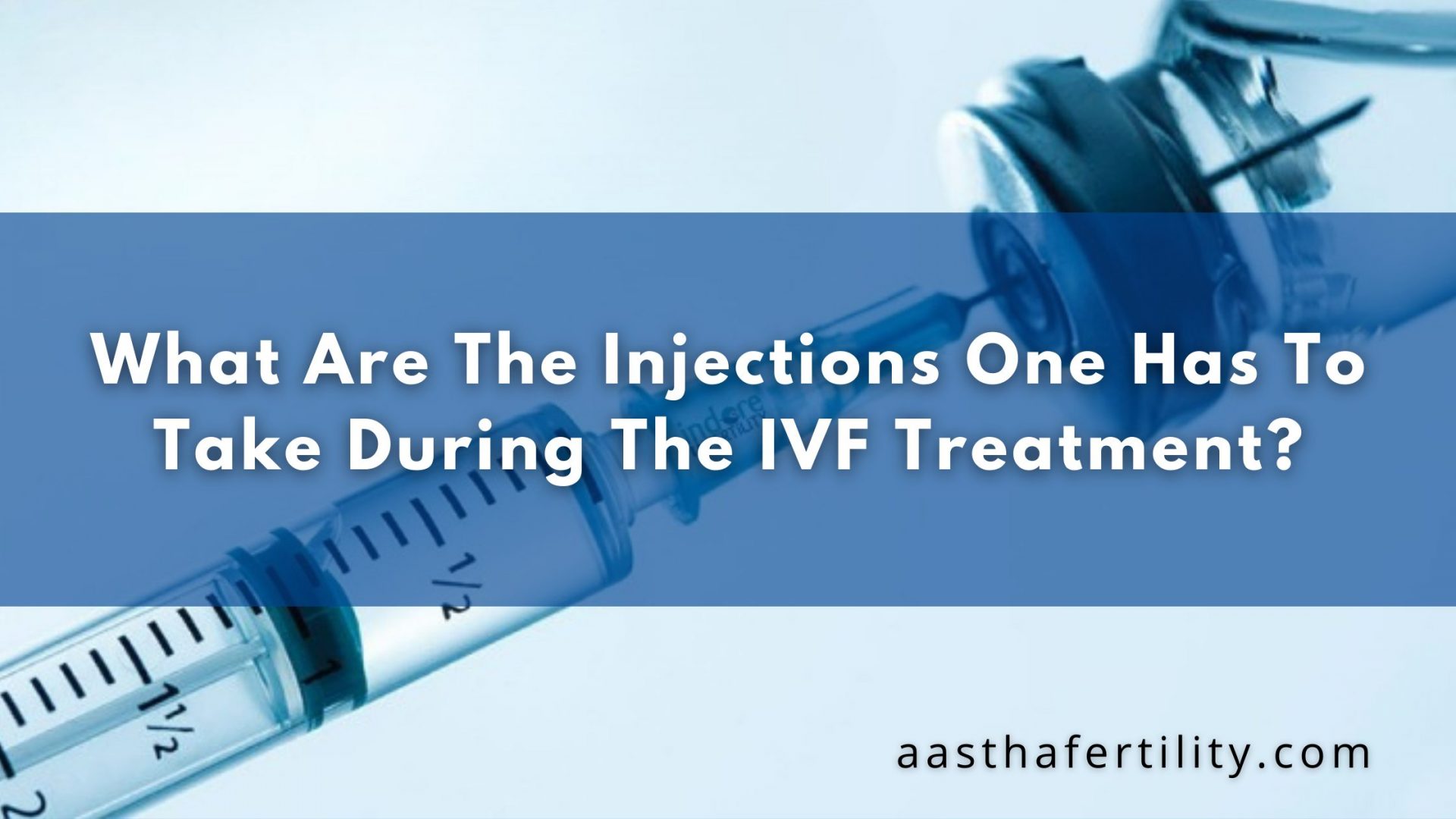

Leave a comment